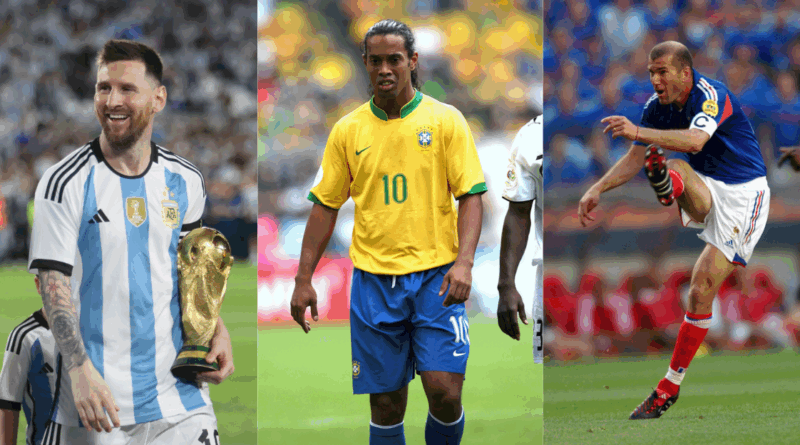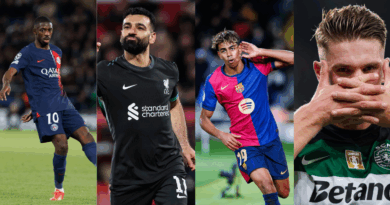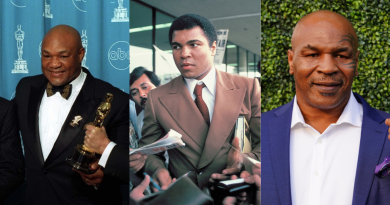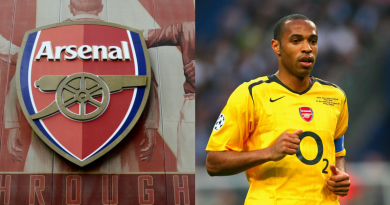The 9 Footballers Who Completed Football’s Ultimate Treble
Winning one of football’s top prizes is already enough to etch a name into history. Winning two is extraordinary. But winning all three — the Ballon d’Or, the Champions League, and the World Cup, is the ultimate achievement, and it has only been managed by nine men in the game’s long and decorated history. These players represent the perfect balance between individual excellence and collective triumph. Let’s go through them in reverse order, starting with the newest member of this exclusive fraternity.
Ousmane Dembele
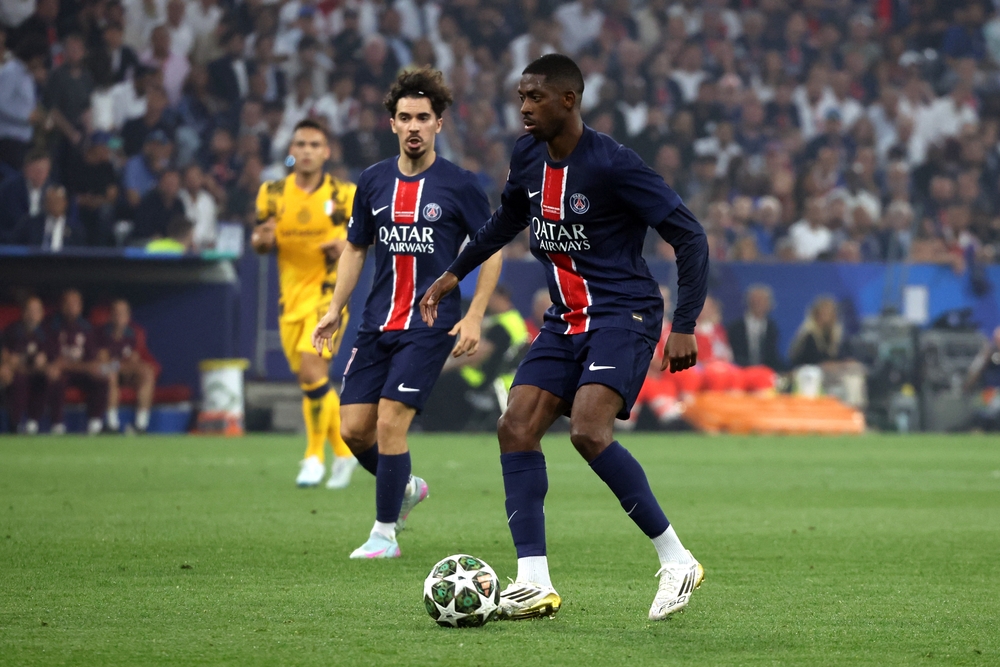
Ousmane Dembélé’s path to the treble is one of resilience, reinvention, and brilliance finally rewarded on the grandest stages. Emerging at Rennes, he quickly became one of Europe’s most exciting wingers thanks to his ambidexterity, dribbling flair, and ability to unbalance defenses. Borussia Dortmund snapped him up, and he delivered instantly, dazzling in the Bundesliga and the Champions League with his unpredictability.
His rise earned him a high-profile transfer to Barcelona in 2017, a move that made him one of the most expensive players in history. Injuries plagued his early years at Camp Nou, sparking doubts about whether he could live up to the enormous expectations. Yet Dembélé persevered, rebuilding his game and becoming more tactically disciplined while retaining his signature flair. By 2018, he was part of France’s World Cup–winning squad, contributing in key moments to secure glory in Russia. His career took another turn in 2023 when he joined Paris Saint-Germain, where he thrived under Luis Enrique’s system that maximized his creativity.
In 2024, he finally captured the Champions League title, proving he could shine at the very highest club level. His crowning individual moment arrived when he won the Ballon d’Or, recognizing both his artistry and consistency after years of ups and downs. Dembélé’s story is one of never giving up, of taking criticism and converting it into growth. His ability to glide past defenders with either foot makes him unique, often leaving opponents guessing until it’s too late. Few players in the modern game embody both chaos and control quite like him. He has become not just a player of moments but a player of seasons, combining end product with dazzling style.
Read also: The greatest UFC heavyweights of all time — ranked
His name now sits alongside legends who defined eras, proving that persistence can elevate talent into greatness. He has redefined himself from a mercurial winger to one of the game’s most complete forwards. For France and PSG, he represents a bridge between generations, following in the footsteps of icons like Thierry Henry. And in global football, he stands as the most recent proof that this rare treble is still possible in the modern era.
Lionel Messi
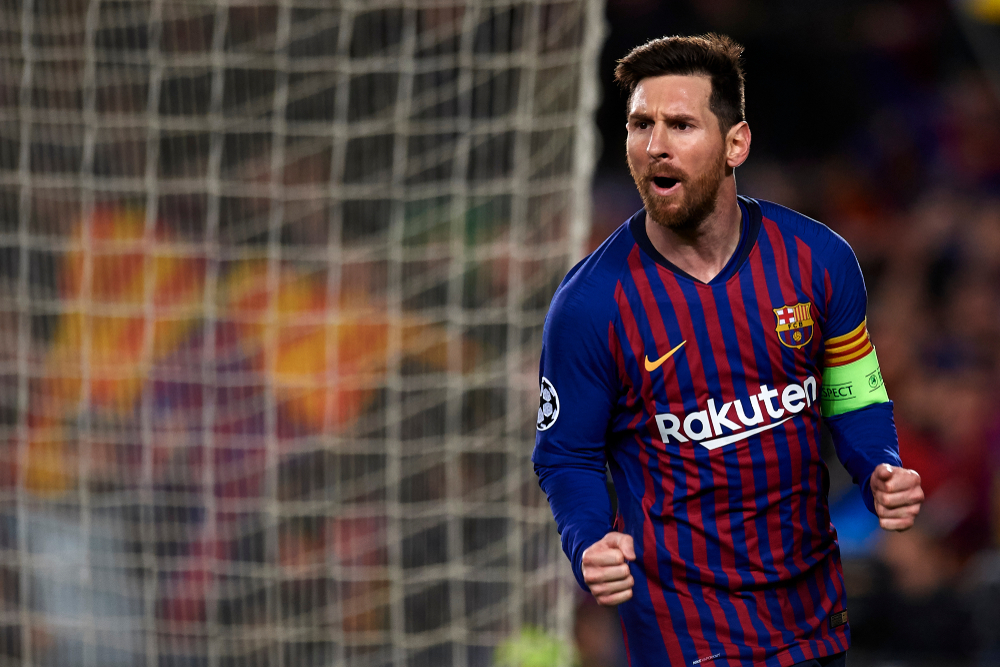
Lionel Messi is widely regarded as the greatest footballer of all time, and his membership in this club is fitting. His Champions League triumphs with Barcelona between 2006 and 2015 showcased his dominance at club level, where he combined with Xavi, Iniesta, and later Neymar and Suárez to define an era. Individually, his eight Ballon d’Or awards remain unmatched, reflecting years of sustained brilliance at the very top. Yet for much of his career, there was a lingering doubt — could Messi deliver the same glory on the international stage with Argentina? That question haunted him through defeats in finals at the 2014 World Cup and multiple Copa Américas. But in 2021, he silenced critics by winning the Copa América, setting the stage for his crowning moment. In 2022, Messi led Argentina to World Cup victory in Qatar, producing some of the greatest performances of his career.
His goals, assists, and leadership, capped by a brace in the final against France, cemented his legacy. In doing so, he became the ninth member of this exclusive club, achieving what many thought impossible. Messi’s genius lies in his unique blend of vision, dribbling, passing, and finishing — a skill set that has kept him at the top for nearly two decades. His humility and consistency have made him beloved far beyond Barcelona and Argentina. The treble of Ballon d’Or, Champions League, and World Cup represents the perfect embodiment of Messi’s career: individual brilliance contributing to collective triumph. His path is different from others on this list because he was already the game’s biggest star long before his World Cup glory. Qatar 2022 felt like a coronation, completing the circle for a man who had already achieved everything. Messi’s story is one of persistence, heartbreak, and eventual ultimate redemption. He didn’t just win all three; he did it while redefining what was possible in football. For generations to come, he will remain the benchmark against which others are measured. His name belongs in every debate, and his place in this club is both expected and awe-inspiring.
Kaká
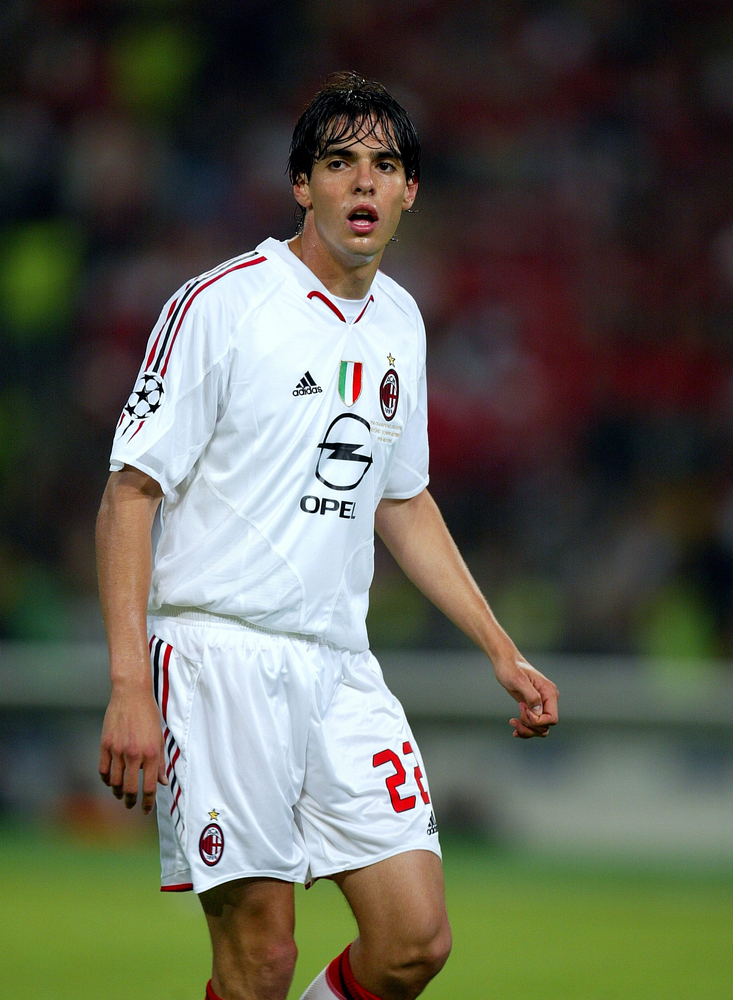
Kaká’s journey to the treble was marked by elegance and class. He first tasted glory as a teenager with Brazil at the 2002 World Cup, though he played only a minor role in that squad. By 2007, he had become one of the best playmakers in the world, leading AC Milan to Champions League triumph. His performances that season were spellbinding: long solo runs, perfectly weighted passes, and crucial goals, including a stunning solo effort against Manchester United. His excellence was rewarded with the Ballon d’Or, breaking through before Messi and Ronaldo’s duopoly. Kaká’s style combined technical brilliance with physical grace, making him almost unstoppable when at full flow. Injuries and inconsistency later limited his career, but at his peak, he was breathtaking. Unlike others, his treble was achieved relatively quickly, highlighting his rapid rise to the top.
Read also: The 10 Fastest F1 Cars in History - Ranked
He symbolized the classic Brazilian No. 10, creative, joyful, and decisive. The 2007 season remains a reference point for attacking midfielders around the world. Kaká’s humility and professionalism also made him one of the most respected players of his era. Despite his later struggles, his achievements remain monumental. Few could blend artistry and efficiency quite like him. His Champions League triumph with Milan was the last great Italian dynasty before the Spanish giants took over. Kaká showed that success doesn’t always require decades of consistency; sometimes, a short but brilliant peak is enough. His inclusion on this list is proof that elegance and efficiency can coexist. For many, he remains one of the most stylish footballers ever to grace the pitch.
Ronaldinho
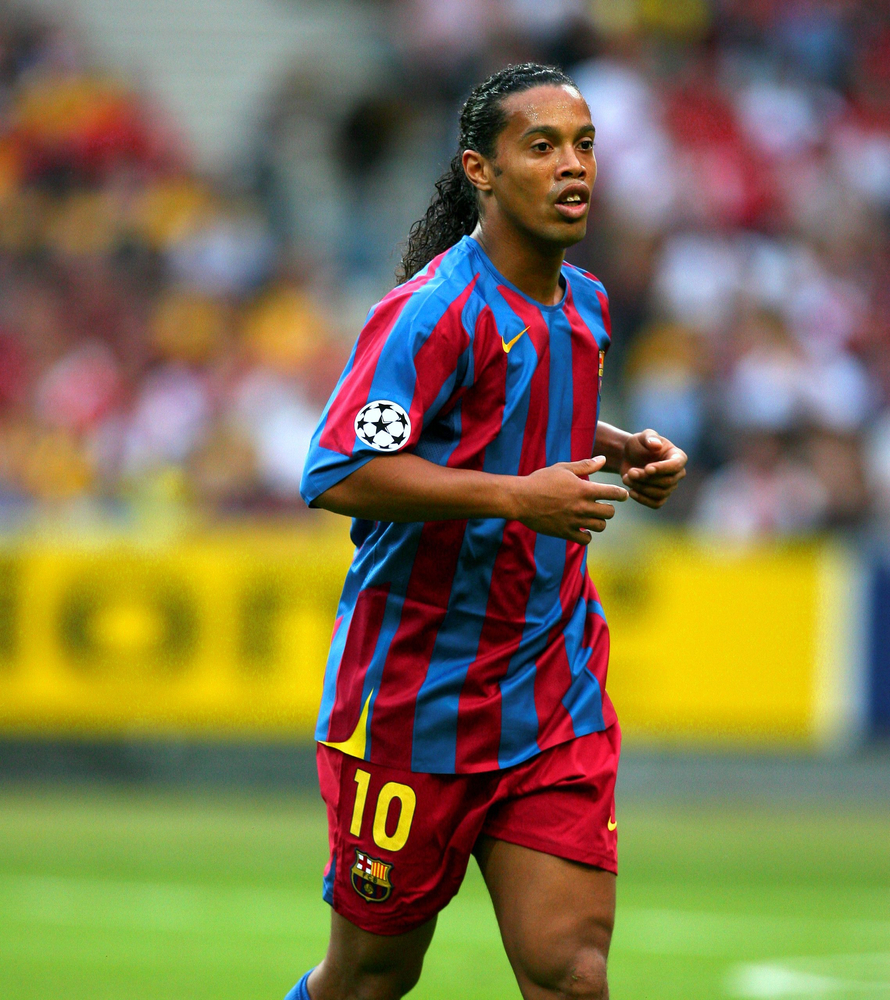
Ronaldinho’s journey is a tale of joy, magic, and sheer talent. He burst onto the global stage at the 2002 World Cup, where his free-kick against England and dazzling play helped Brazil lift the trophy. By 2004 and 2005, he was the best player in the world, winning the Ballon d’Or in 2005. His time at Barcelona was defined by audacious skill, jaw-dropping goals, and moments of pure genius. In 2006, he capped it off by winning the Champions League with Barça, playing a central role in their triumph. Ronaldinho redefined what it meant to entertain while winning. His dribbling, no-look passes, and flair brought joy back to football at a time when tactics were becoming rigid.
He proved that artistry could still thrive at the highest level. His smile and style made him a global icon, beloved even by rival fans. Though his peak was short, his impact was immense. Ronaldinho’s treble embodies both joy and excellence. He was a player who played as if on the streets, but on the biggest stages. Brazil, Barcelona, and the world all benefited from his magic. He inspired a generation of players, including Lionel Messi. His name remains synonymous with flair. Though his career declined quickly after his peak, his legacy is untouchable. Ronaldinho is proof that football is as much about art as it is about results. And in his case, he delivered both in unforgettable fashion.
Rivaldo
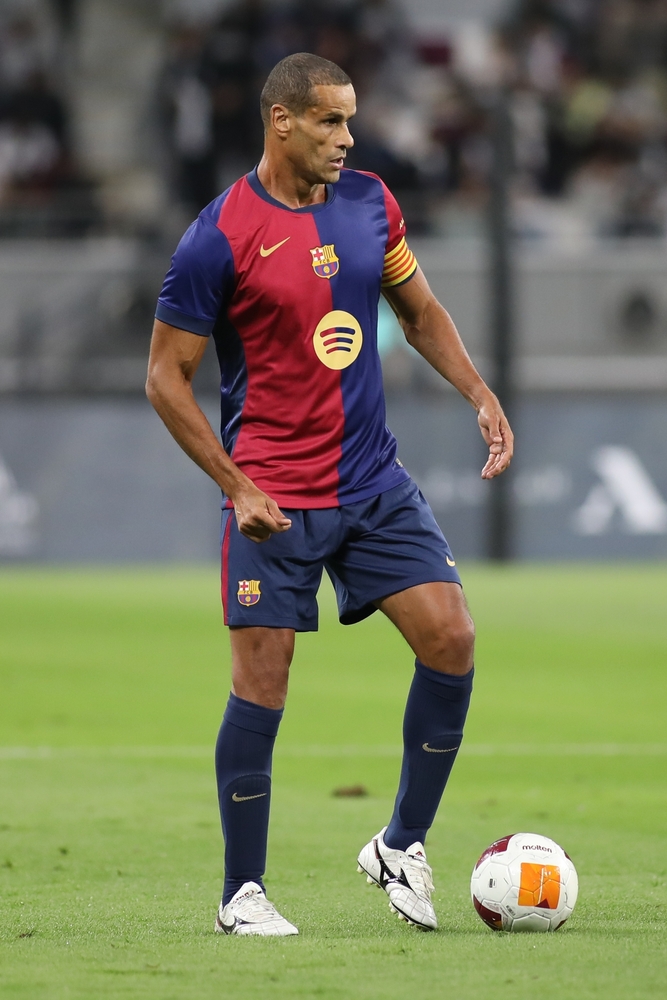
Rivaldo’s story is one of persistence, brilliance, and versatility. In 1999, after scoring 37 goals for Barcelona across competitions, he won the Ballon d’Or. His left foot was lethal, capable of scoring from free-kicks, volleys, and long-range strikes. He carried Brazil at the 2002 World Cup, scoring five goals and combining with Ronaldo and Ronaldinho to form a deadly trio. His performances in that tournament were decisive, earning him global acclaim. In 2003, he completed his treble by winning the Champions League with AC Milan. Rivaldo’s style was less about showboating and more about effectiveness, though he still produced moments of breathtaking quality. His bicycle kicks, long shots, and composure made him a feared attacker.
Read also: Best Real Madrid coaches after their first 10 LaLiga games
He wasn’t always universally loved, sometimes criticized for inconsistency, but at his best, he was unplayable. Rivaldo’s treble underscores his ability to deliver both individually and collectively. He was a bridge between Brazil’s 1990s generation and the stars of the 2000s. His contributions to Barcelona and Brazil remain legendary. He proved that hard work and talent could coexist. Rivaldo was not flashy in demeanor but ruthless on the pitch. His left foot remains one of the most dangerous in football history. The treble ensures his legacy is remembered alongside Brazil’s greatest. He may be underrated in some conversations, but his achievements speak volumes.
Zinedine Zidane
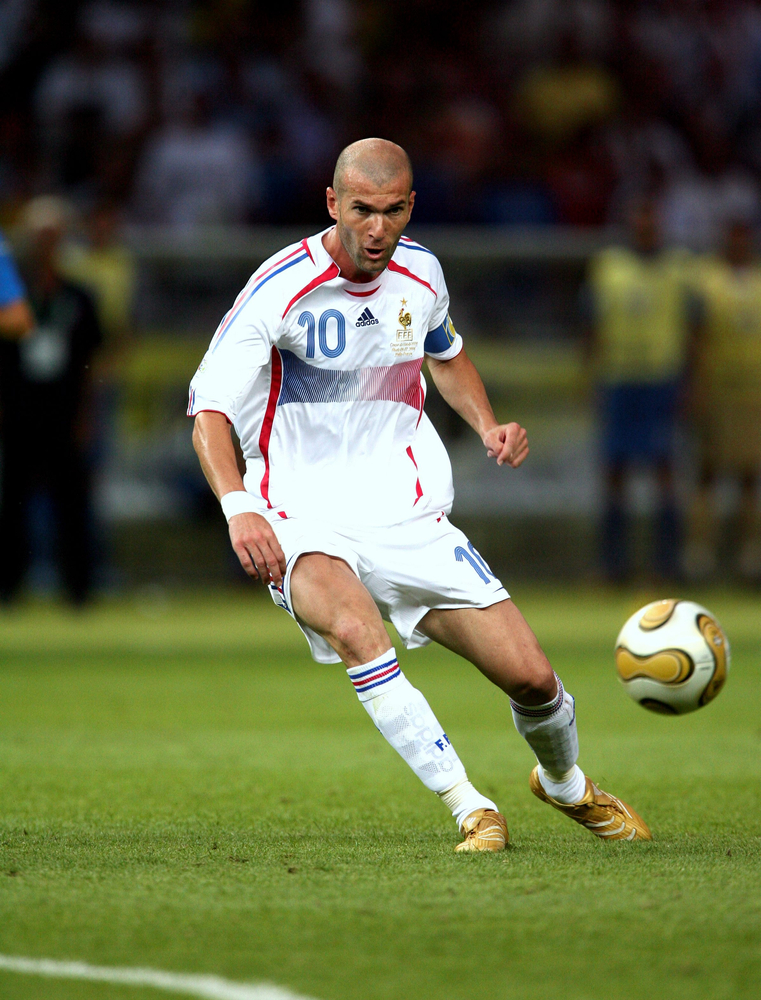
Zinedine Zidane is synonymous with elegance and decisive moments. In 1998, he led France to their first World Cup title, scoring twice in the final against Brazil. Later that year, he won the Ballon d’Or, confirming his status as the best player in the world. In 2002, he capped off the treble with a legendary left-footed volley in the Champions League final for Real Madrid. That goal remains one of the most iconic in football history. Zidane’s ability to control games, dictate tempo, and rise in big matches set him apart. His dribbling, vision, and balance were unmatched.
He thrived under pressure, often delivering in finals. His career also included setbacks, like his red card in the 2006 World Cup final, but his legacy remains monumental. Zidane embodied the French golden era, alongside players like Thuram and Deschamps. At club level, he starred for Juventus before becoming a Galáctico at Real Madrid. His leadership extended beyond his playing career, later guiding Real to three straight Champions League titles as coach. Zidane’s treble as a player cements his status as one of the game’s ultimate legends. His grace on the ball inspired countless fans. His story shows that greatness is defined by moments as much as consistency. Few players have ever combined artistry and impact like Zidane. His inclusion here is inevitable, and deserved.
Paolo Rossi
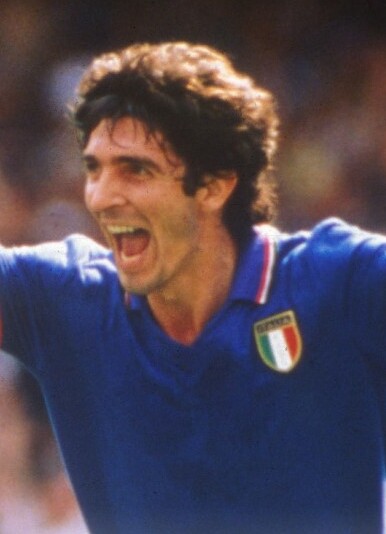
Paolo Rossi was Italy’s unlikely hero in 1982. After returning from a suspension, he led Italy to World Cup glory, scoring six goals in the tournament. His hat-trick against Brazil remains legendary, showcasing his predatory instincts. That same year, he won the Ballon d’Or, becoming a national icon. In 1985, he completed the treble by winning the European Cup with Juventus. Rossi was not the most technically gifted, but his positioning and finishing were world-class. He thrived on being in the right place at the right time.
Read also: 15 Biggest Wastes of Money in Football History
His resilience after scandal and suspension defined his comeback. Rossi symbolized redemption, going from outcast to hero. His World Cup remains one of the greatest individual tournament performances. He embodied Italian grit and determination. Rossi’s treble shows how timing and mentality can elevate a career. He will forever be remembered as Italy’s 1982 talisman. His name evokes images of glory, resilience, and opportunism. His legacy is immortal in Italian football.
Franz Beckenbauer
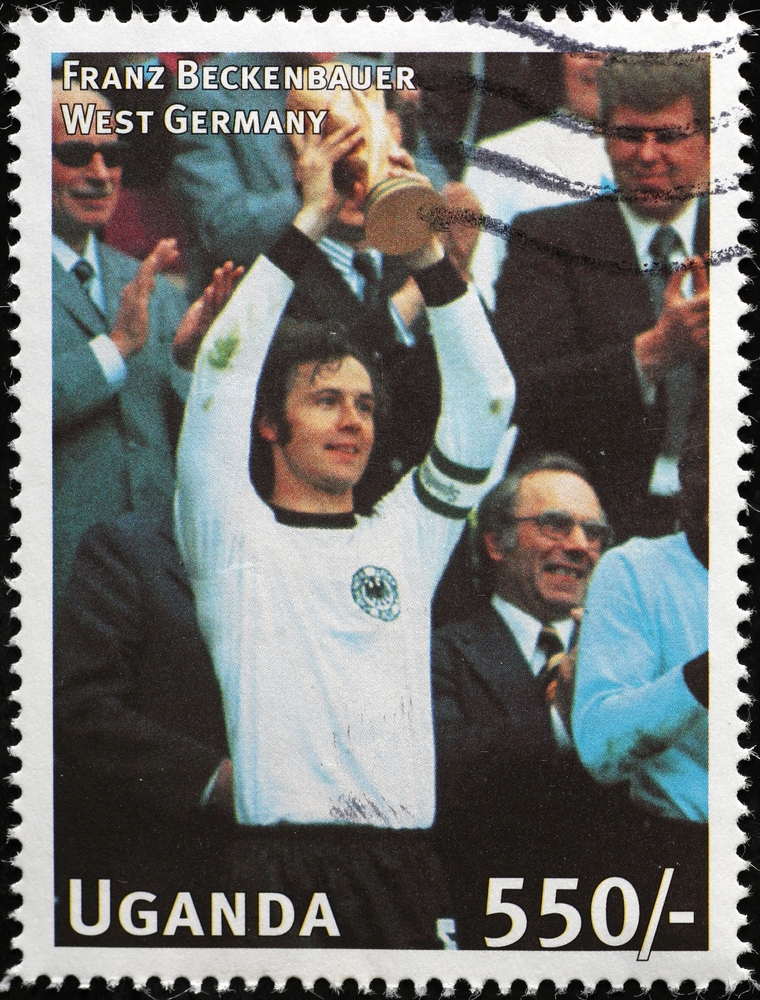
Franz Beckenbauer, known as “Der Kaiser,” revolutionized the role of the sweeper. In 1974, he captained West Germany to World Cup glory on home soil. Individually, he won the Ballon d’Or in 1972 and again in 1976, cementing his dominance. At club level, he anchored Bayern Munich’s defense in their three consecutive European Cup triumphs from 1974 to 1976. Beckenbauer combined elegance with authority, dictating play from the back. He was a leader, tactician, and innovator. His ability to step into midfield and launch attacks redefined defending.
His treble reflects both his leadership and technical mastery. He is regarded as one of the greatest defenders of all time. His vision and composure made him unique. As a captain, he inspired teammates through calmness and confidence. He remains a symbol of German efficiency and style. His later success as a manager further cemented his status. Beckenbauer is football royalty, both on and off the pitch. His treble is a testament to his all-around greatness. Few players have had his level of influence on the game’s evolution.
Gerd Müller
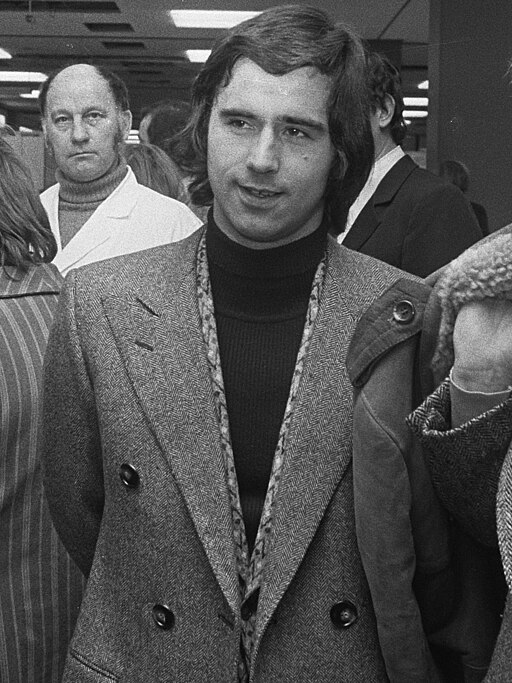
Gerd Müller was the ultimate goalscorer, nicknamed “Der Bomber der Nation.” In 1970, he won the Ballon d’Or after scoring 10 goals at the World Cup. Four years later, he scored the winning goal in the 1974 World Cup final, securing glory for West Germany. At Bayern Munich, he was the focal point of a side that won three consecutive European Cups from 1974 to 1976. Müller’s goal-scoring record is staggering: 68 goals in 62 games for West Germany and over 500 for Bayern. He was lethal in the box, with incredible positioning and finishing instincts.
Read also: The Highest-Paid Players at RB Leipzig in 2025/26
His goals often came in big matches, underlining his clutch factor. He wasn’t flashy, but he was devastatingly effective. His treble reflects his dominance as a pure striker. Without Müller, Bayern and Germany might not have reached such heights. He inspired future strikers like Miroslav Klose and Robert Lewandowski. His impact on the role of striker is immeasurable. He remains one of the most prolific scorers in history. His legacy is immortalized in records and trophies.
Bobby Charlton
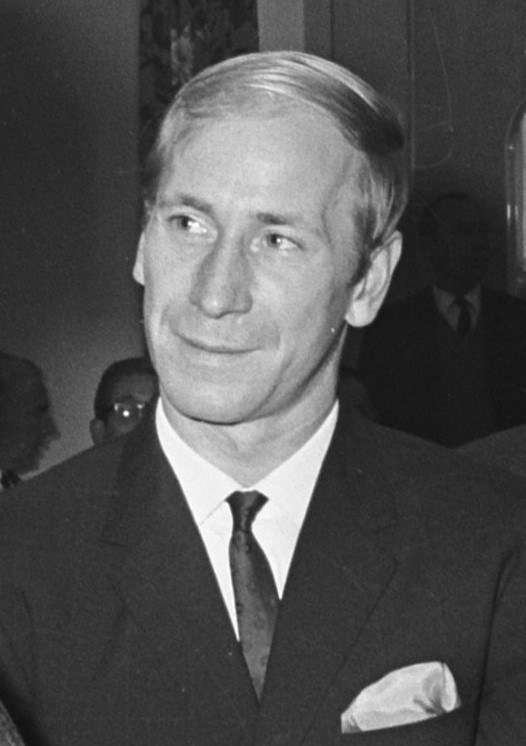
Bobby Charlton was the first to achieve this rare treble. In 1966, he led England to their only World Cup title, scoring twice in the semifinal and playing a key role in the final. That same year, he won the Ballon d’Or, becoming the face of English football. In 1968, he completed the treble by scoring twice in the European Cup final as Manchester United lifted their first continental trophy. Charlton’s career is defined by resilience, having survived the Munich air disaster in 1958. He rebuilt himself into England’s greatest player, admired for his leadership and humility.
His long-range shooting, stamina, and tactical intelligence were world-class. He became a symbol of English football’s golden era. His loyalty to Manchester United further cemented his legacy. Charlton’s treble established the benchmark for others. He was a pioneer in showing how to combine national, club, and individual success. His name is etched into history as both a survivor and a champion. For England, he remains an immortal icon. His career is proof that greatness can emerge from tragedy. His legacy paved the way for future generations.

